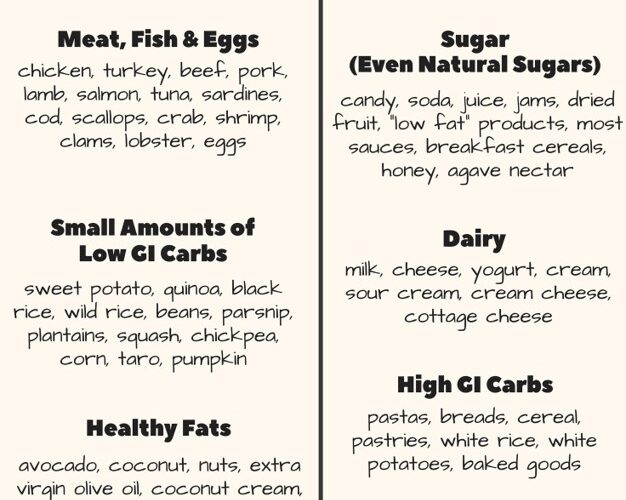Polycystic ovary syndrome (PCOS) is a common hormonal disorder that affects many women of reproductive age. It can lead to a variety of symptoms, such as irregular periods, weight gain, acne, and hair loss.
Although there is no cure for PCOS, managing the condition through diet and lifestyle changes can help alleviate symptoms and improve overall well-being. One of the most effective ways to manage PCOS is by incorporating specific PCOS diet Dubai into your diet that promote hormonal balance and support metabolic health. Here is a guide to foods that can help with PCOS management.
High-fiber foods:
Eating foods that are rich in fiber is key for managing PCOS. High-fiber foods help regulate blood sugar levels and reduce insulin resistance, a common issue for women with PCOS. Insulin resistance can lead to higher insulin levels, which may contribute to weight gain and exacerbate other symptoms. To increase fiber intake, focus on incorporating whole grains, legumes, vegetables, and fruits into your meals. Foods like oats, quinoa, lentils, chickpeas, and berries are excellent sources of fiber that can help keep blood sugar levels stable.
Lean proteins:
Protein is essential for maintaining muscle mass and supporting metabolic functions, both of which are particularly important for women with PCOS. Lean proteins help stabilize blood sugar and insulin levels, making them an important part of a PCOS-friendly diet. Good sources of lean protein include chicken, turkey, tofu, eggs, and fish, particularly fatty fish like salmon and mackerel, which also provide heart-healthy omega-3 fatty acids. Adding these protein-rich foods to your meals can help reduce hunger and control cravings, making it easier to maintain a healthy weight.
Healthy fats:
Healthy fats play a vital role in balancing hormones and improving overall health. Omega-3 fatty acids, in particular, have been shown to help reduce inflammation, which is often elevated in women with PCOS. To include more healthy fats in your diet, opt for sources like avocados, nuts, seeds, olive oil, and fatty fish. These foods support hormonal balance and also provide long-lasting energy and help improve skin health, which can be beneficial for women with PCOS who experience acne.
Anti-inflammatory foods:
Chronic low-grade inflammation is a common issue for those with PCOS and can contribute to many of the symptoms associated with the condition. Eating anti-inflammatory foods can help reduce this inflammation and improve overall health. Foods rich in antioxidants, such as leafy greens (spinach, kale), berries, turmeric, ginger, and green tea, can help lower inflammation levels in the body. These foods also provide essential vitamins and minerals, such as vitamin C and magnesium, which support immune function and reduce oxidative stress.
